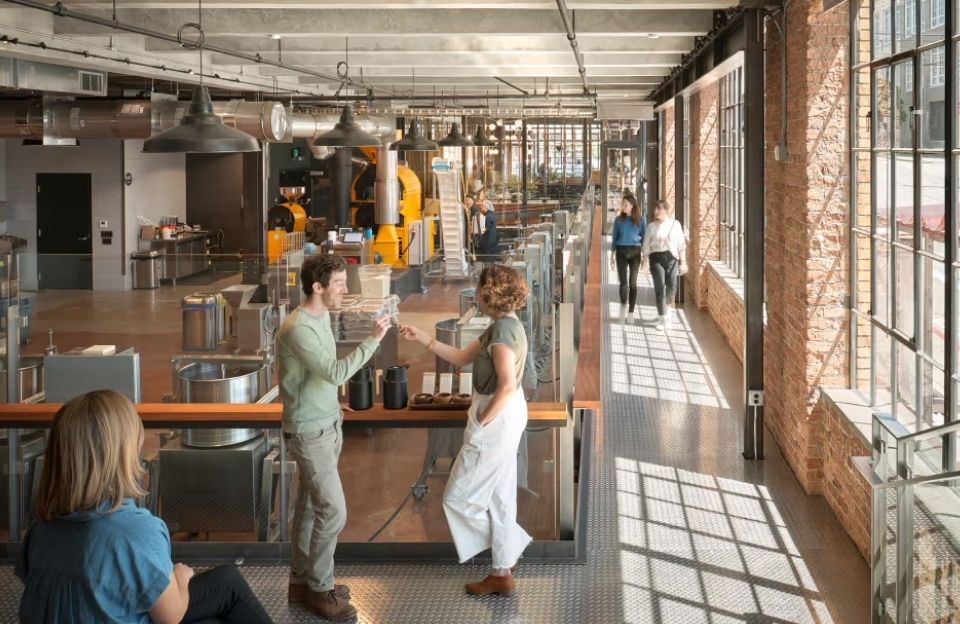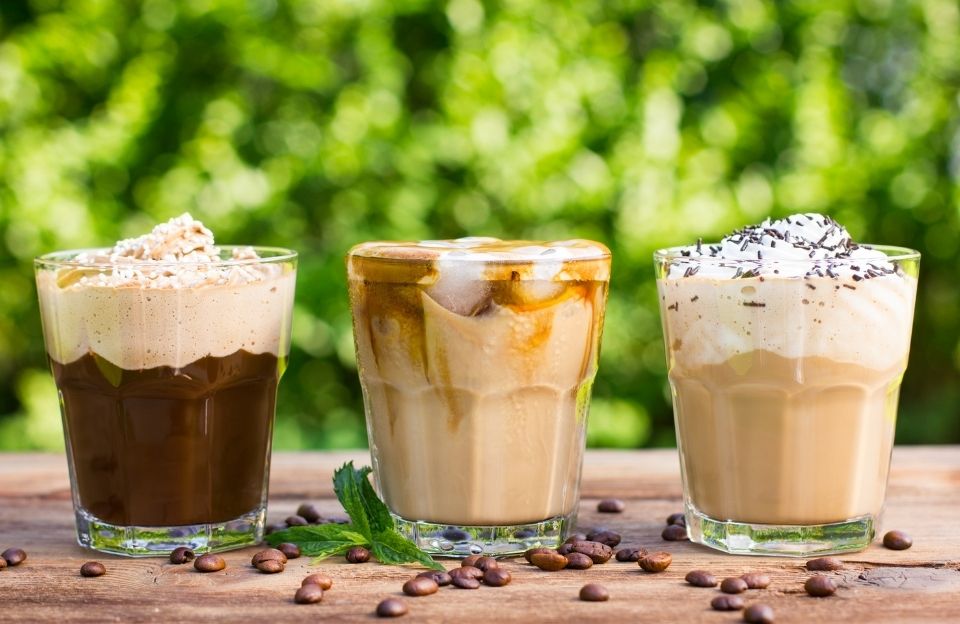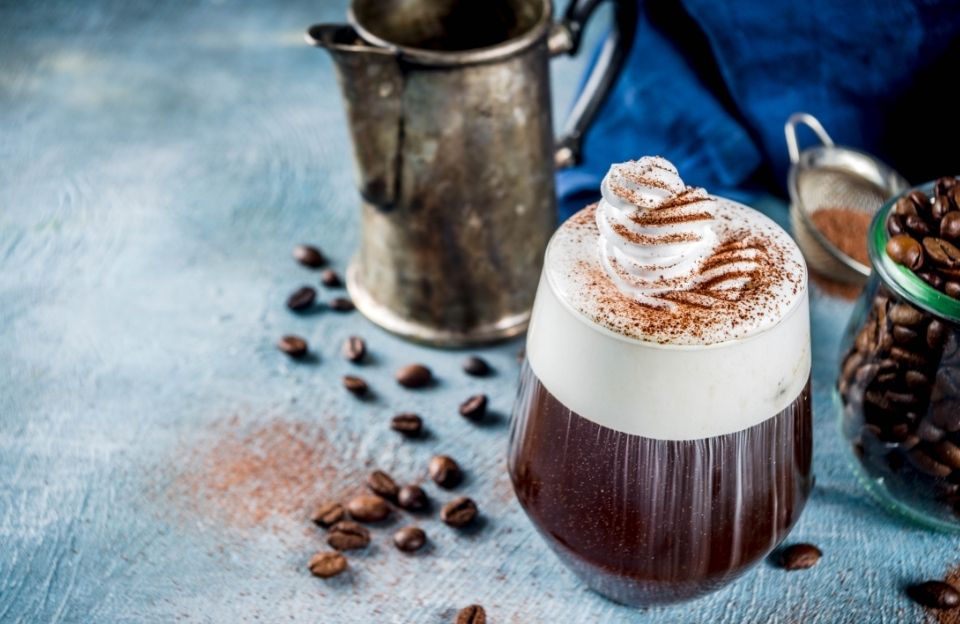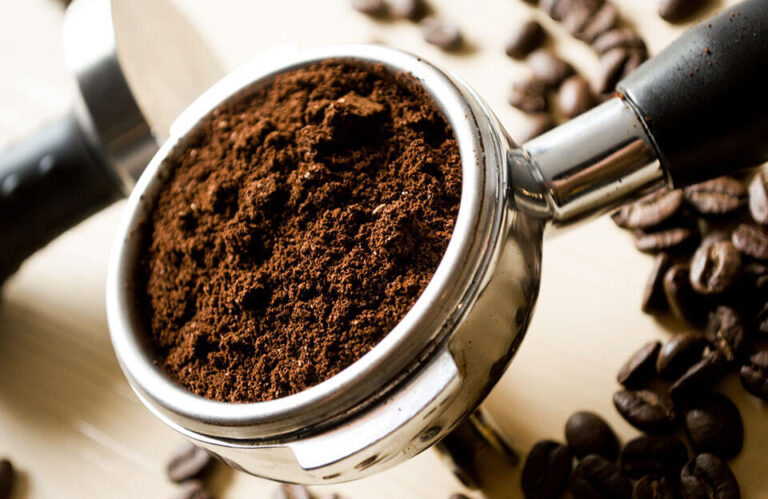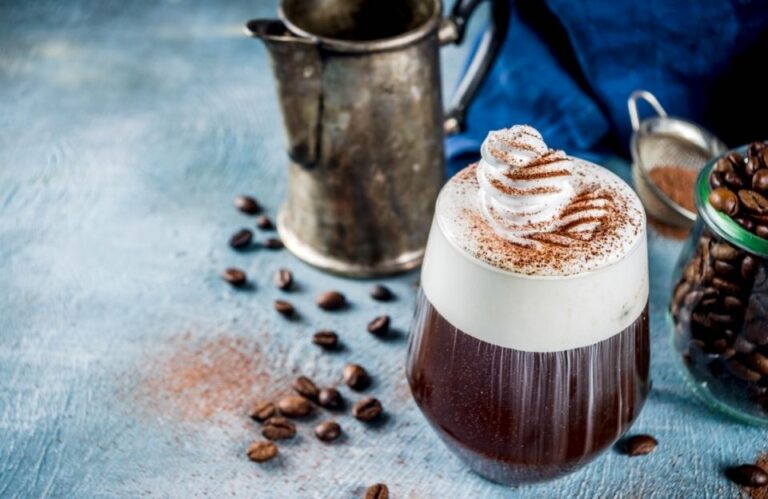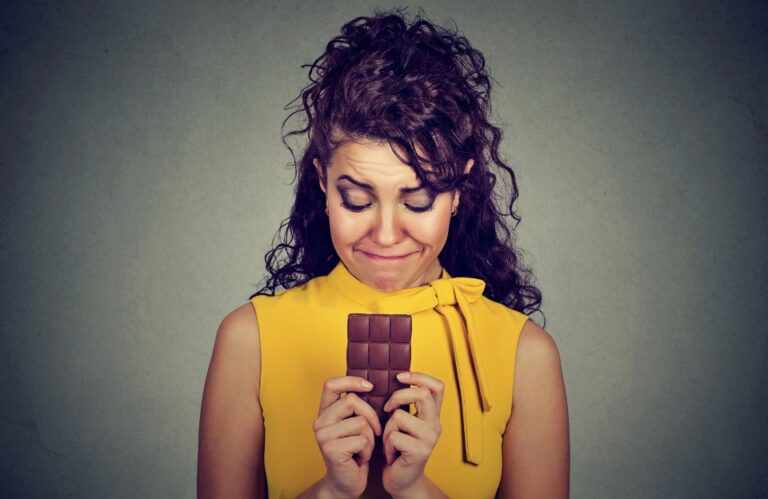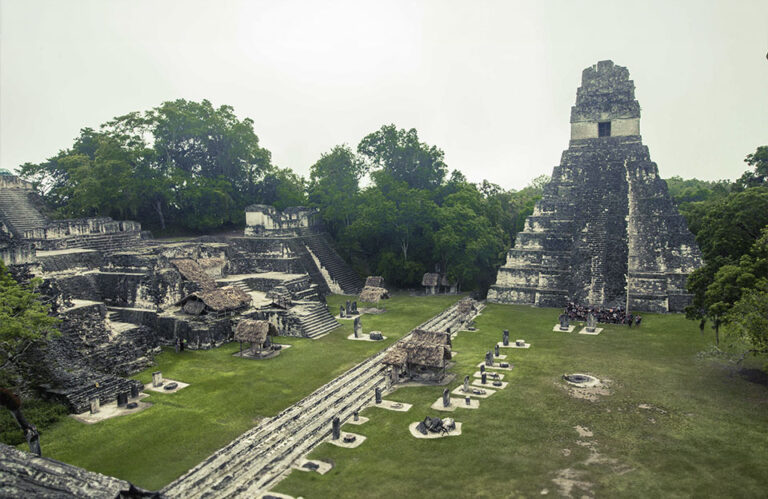Coffee is undoubtedly one of the most beloved and consumed beverages worldwide. Its enticing aroma, rich flavor, and of course, the stimulating effect are integral to the daily routines of millions. But have you ever stopped to think about how much caffeine is in that cup of coffee? In this article, we’ll explore this curiosity, uncovering how the caffeine content in coffee can vary and what it means for you, a true coffee lover.
Table of Contents
What is Caffeine and How Does It Affect Our Bodies?
Caffeine is a natural chemical compound found in various plants, including coffee beans, tea leaves, cocoa, and even guarana. It’s well-known for its stimulating properties, directly affecting the central nervous system. When you enjoy a cup of coffee, the caffeine is quickly absorbed by your body, reaching its peak effect in about 30 to 60 minutes.
This stimulating effect occurs because caffeine blocks adenosine receptors, a neurotransmitter that promotes relaxation and sleepiness. By blocking this action, caffeine keeps us alert and focused, which explains why so many people rely on coffee to kickstart their day or power through work hours.
Factors Influencing the Caffeine Content in Coffee
The amount of caffeine in a cup of coffee can vary widely, depending on several factors. Here are some of the key ones:
- Type of Coffee Bean: There are different varieties of coffee beans, with Arabica and Robusta being the most common. Arabica coffee typically contains about 50% less caffeine than Robusta, which is known for its stronger, more bitter taste.
- Brewing Method: How coffee is brewed directly influences its caffeine content. For instance, espresso, which is brewed under pressure and in a shorter time, tends to have a higher concentration of caffeine in a smaller dose. On the other hand, drip coffee, which takes longer to brew, may have a similar amount of caffeine but spread over a larger serving.
- Serving Size: Naturally, the size of your cup makes a difference. A standard 8-ounce cup of brewed coffee can contain between 80 to 140 mg of caffeine, while a shot of espresso (about 1 ounce) contains approximately 63 mg.
- Roasting Process: Darker roasted coffee beans lose a bit of their caffeine content due to the roasting process, but the difference is minimal. However, the more intense flavor can give the impression that the coffee is higher in caffeine.
- Brand and Blend: Different brands can have varying amounts of caffeine in their products, depending on how the coffee is grown, blended, and processed.
Recommended Maximum Daily Caffeine Intake According to the WHO
According to the World Health Organization (WHO) and other health authorities like the FDA (Food and Drug Administration) in the United States, the maximum recommended daily caffeine intake for healthy adults is up to 400 mg per day. This is roughly equivalent to four to five 8-ounce cups of brewed coffee. This level of consumption is considered safe for most people and is not generally associated with serious health risks. However, it’s important to note that caffeine sensitivity can vary from person to person, and some may experience adverse effects with lower amounts.
For pregnant or breastfeeding women, it is recommended to limit caffeine intake to no more than 200 mg per day to avoid potential risks to the baby.

How Caffeine Can Impact Health
Consuming caffeine in moderate amounts is considered safe and can even offer some health benefits, such as improved focus, increased endurance during physical activities, and potential protection against certain neurodegenerative diseases. However, excessive caffeine consumption can lead to unwanted side effects like insomnia, anxiety, heart palpitations, and dependency.
Conclusion: How Much Caffeine is in Your Coffee?
The amount of caffeine in your coffee can vary greatly depending on factors such as the type of bean, brewing method, and serving size. For those looking to balance the benefits of coffee with the potential risks of excessive consumption, it’s essential to be mindful of these variations.
n summary, enjoying your daily coffee in moderation is key to reaping the benefits of caffeine without worrying about the negative effects. Every cup of coffee you drink is a small adventure, filled with flavor, history, and, of course, a dose of caffeine that can undoubtedly brighten your day.
Our Sincere Opinion: Coffee is much more than just caffeine; it’s a complete sensory experience that involves taste, aroma, and pleasure. By understanding more about caffeine content and its effects, we can savor each cup with more awareness and make the most of everything coffee has to offer.



